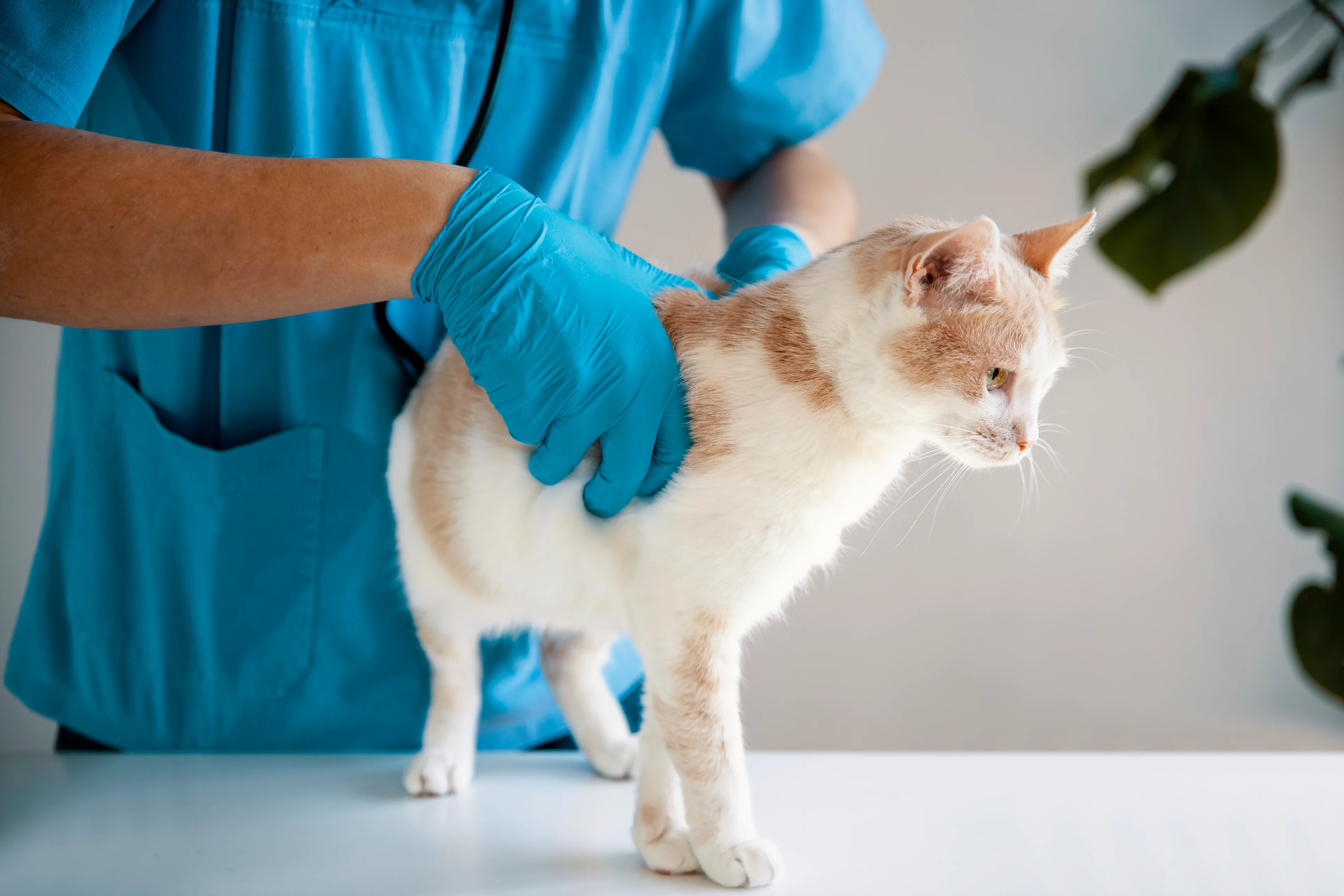
Source
Kamiyoshi T, Kamiyoshi N, Jintake C. High-dose induction therapy and treatment termination criteria for feline infectious peritonitis with remdesivir, GS-441524 and adjunctive mefloquine: 46 cases (2023). J Small Anim Pract. 2025;66(9):617-626. doi:10.1111/jsap.13869
Research Note
Research has suggested that parenteral remdesivir and/or oral GS-441524 administered for 12 weeks can be used for FIP treatment, but relapses may occur with this protocol.1-3 Increasing the overall dose has been reported to reduce recurrence2; however, stopping treatment based solely on length of therapy allows risk for relapse.4-7 No published reports define criteria for stopping treatment.
This study investigated whether a high-dose induction protocol may shorten treatment periods and examined whether acute-phase protein (APP) level and albumin:globulin (A:G) ratio (rather than treatment length) can be used to determine when to stop treatment.
Forty-six cats with FIP were administered IV remdesivir or oral GS-441524 (≥20 mg/kg every 24 hours) for 10 to 14 days. If significant clinical improvement was seen within that time period, the dose was lowered to maintenance based on original FIP type (wet or dry, ≥12 mg/kg every 24 hours; ocular signs, ≥15 mg/kg every 24 hours). Treatment termination criteria included improvement of all clinical signs, APP level within reference interval, and A:G ratio >0.6. Long-term survival was achieved in 42 cats; 28 met treatment termination criteria in <12 weeks, 12 finished treatment at 12 weeks, and treatment was extended in 2 based on high APP levels. The authors concluded that FIP treatment could be stopped when using this high-dose induction protocol based on improvement in clinical signs, APP level, and A:G ratio and that these criteria allow treatment to be tailored to individual cases, with the potential to shorten the treatment period to <12 weeks.
You are reading Research Notes, a research summary resource presented by Clinician's Brief. Clinician's Brief does not conduct primary research.